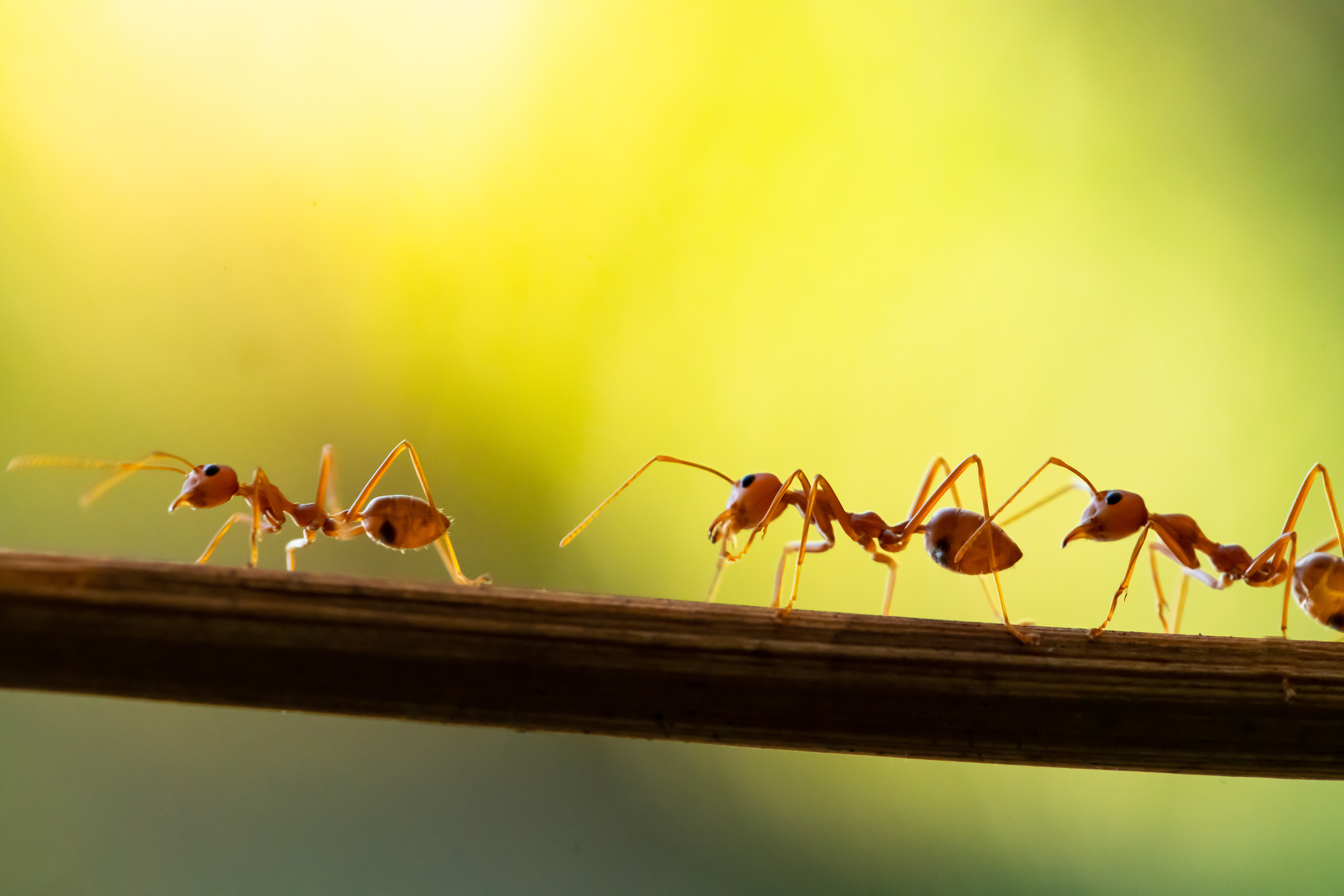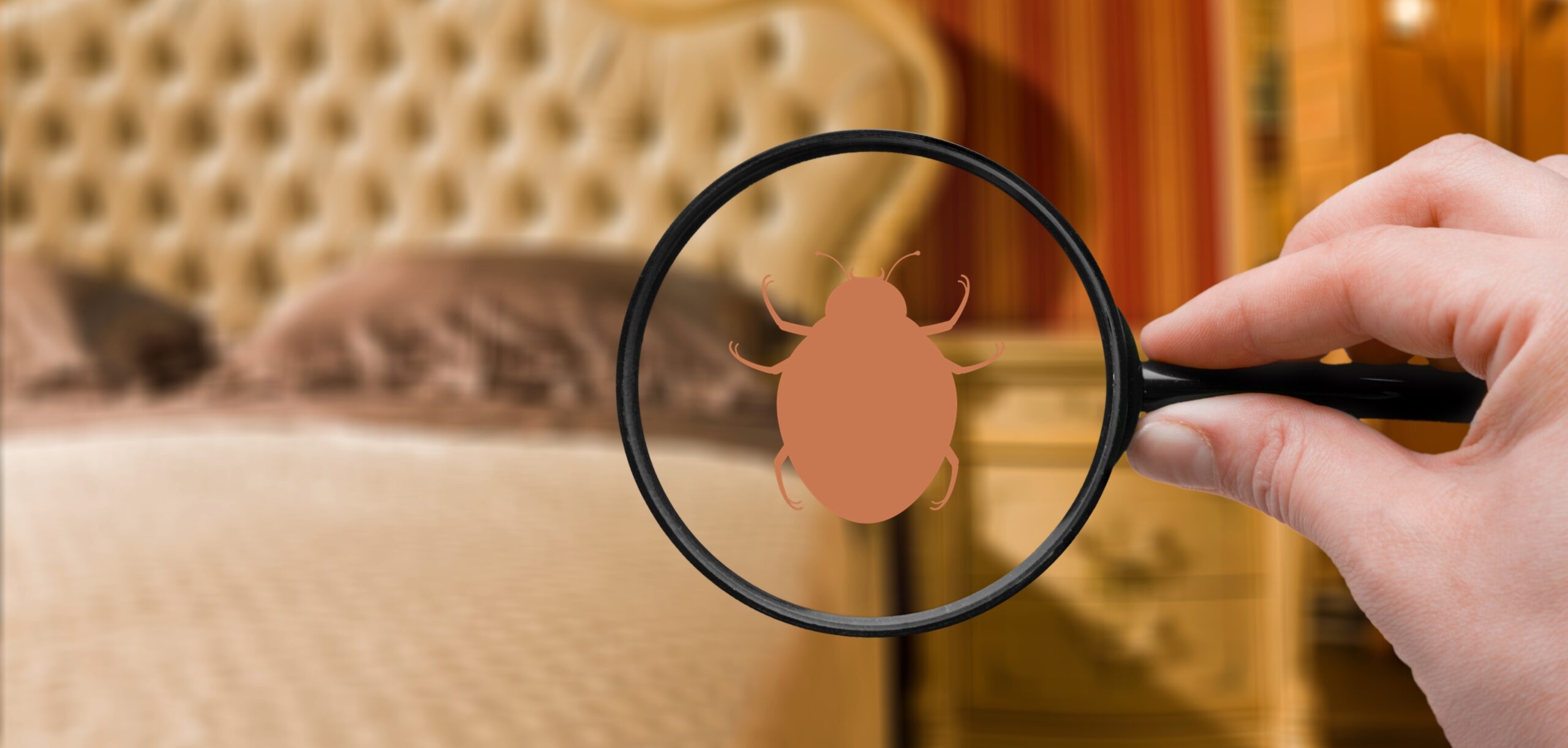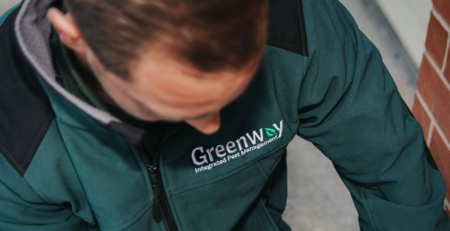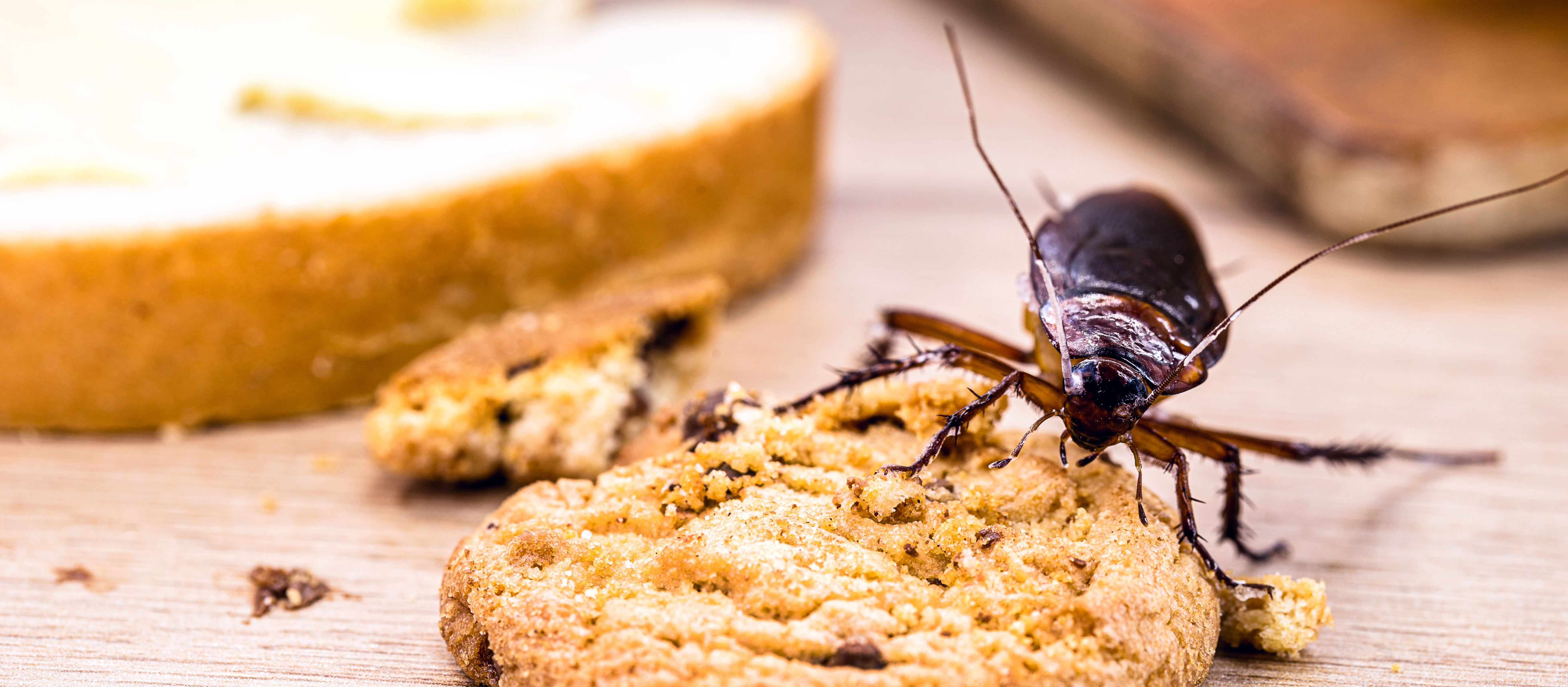How to keep Pest Control Environmentally Friendly
Environmentally conscious pest control practices have a positive impact on the environment. Pest control professionals must keep the balance between servicing clients and delivering solutions that minimise the negative impact of their activities.
Pest Control and the impact on the Environment
Different animals and insects can cause problems in homes and commercial premises, from damaging property to carrying diseases. The necessity for taking care of such a problem is clear in our modern society. However, activities related to pest control have traditionally been associated with a broad spectrum instead of a targeted effect and a negative impact on the environment. These issues were caused mainly due to excessive use of pesticides in the past, but thanks to the new approach taken by businesses in the industry, much has been done to mitigate environmental impacts..
The Most Common Issues
When people face a problem with pests, it is usually required to be sorted in a short time frame, and in some cases this leads to short-term and damaging solutions being implemented. People want a solution to their problems with unwelcome visitors like rodents and insects and they want the problem to be sorted as soon as possible. This leaves professionals with the challenging task of removing pests while minimising the impact on people, plants and other animals sharing space with us.
Integrated Pest Management (also known by its acronym IPM) is a new approach in which controlling pest populations, with the focus on long-term prevention only, allows for a better balance controlling pests with minimising the impact on both people and the surrounding environment. This is thanks to a different approach to the use of chemical control methods and instead, for example with rodents, first opting to try and control available food, shelter and water and using non-chemical as opposed to chemical treatment methods first.
The purpose of this methodology is to reduce chemical use and human impact on the different ecosystems involved, such as homes, farms and crop locations; limiting the use of pesticides to situations where no other solutions are possible.
Finding low impact solutions
Under this new approach, more effective and far less damaging solutions are delivered. Technology and research, along with an understanding of the pest biology and its needs are key to finding solutions where the use of chemicals is avoided
Before any treatment suggestion is come to, a thorough inspection of the site-specific problem should be undertaken. After a deep investigation of the property, professionals gain insight that is then used to direct the best course of action. Usually, this involves making small repairs and using special non-intrusive devices to prevent pests from coming back inside.
Even when the problems prove to be more complicated, professionals can create a solution in which the use of chemicals is minimal, limiting the use of pesticides to situations in which the exclusion methods described above can’t safely solve a problem. This limits the effects on people’s health and safety.
What else can be done to reduce our Carbon Footprint?
At Greenway IPM, we have created different processes with a focus on reducing our environmental impact. We know there is more that can be done to reduce our impact: in addition to reducing chemical usage we have implemented greener policies in all our internal processes, for example, using electronic client management and paperless reporting and invoicing to reduce paper waste, limiting the use of business cards, always made from recycled paper, and of course, making more efficient use of energy in our office. We also track our carbon footprint and offset this by planting trees in the North East or England.
We hope this article will help you be aware of the impact that environmentally conscious practices have and why they are necessary. If you have more questions or want to discuss a specific issue with pests, please feel free to contact us. You will find more useful information and advice about pest control in both our blog and FAQ sections.








Leave a Reply